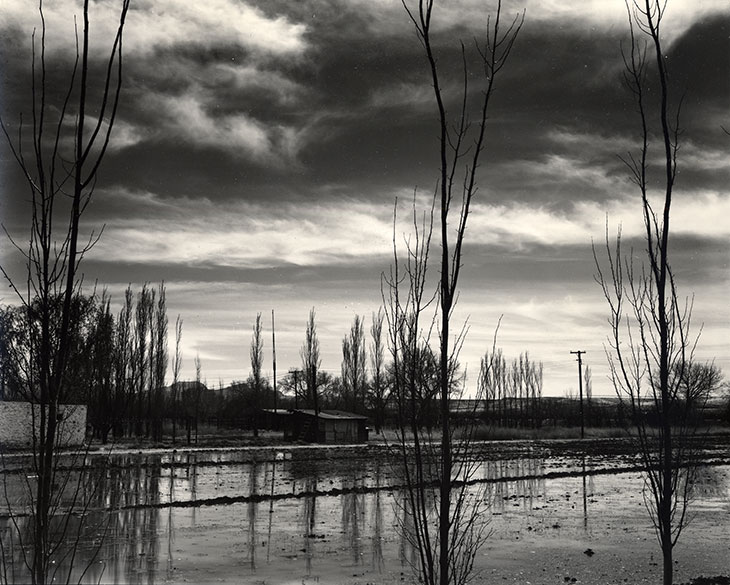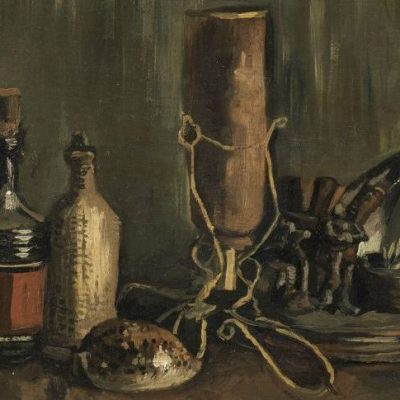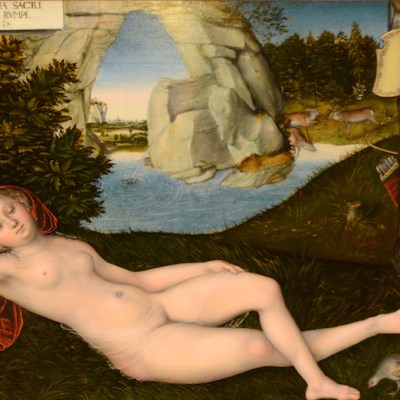A round-up of the best works of art to enter public collections recently
Kröller-Müller Museum, Otterlo
Head of Perseus (c. 1875), Odilon Redon
The Kröller-Müller Museum has acquired an early work by the French Symbolist Odilon Redon. The painting is one of the first works in colour by Redon, who worked exclusively in monochrome in the early part of his career; it also one of the earliest depictions of the severed head, which would become an important motif for the artist. The work is currently on display as part of the Kröller-Müller’s monographic exhibition ‘Odilon Redon: Literature and Music’.
Head of Perseus (c. 1875), Odilon Redon. Courtesy Kröller-Müller Museum

The J. Paul Getty Museum, Los Angeles
Torso of a Crouching Woman (1884–85), Camille Claudel, and Bust of John the Baptist (1880), Auguste Rodin
The Getty Museum has acquired two 19th-century French bronzes, by Camille Claudel and Auguste Rodin. Claudel’s Torso of a Crouching Woman is the first work by the artist in the Getty’s collection – and only the sixth owned by an American museum – while Bust of John the Baptist is the Getty’s first bronze by Rodin. Earlier in the month, the Getty also announced the acquisition of a 2nd-century Roman portrait bust.
Torso of a Crouching Woman (model c. 1884–85; cast by 1913), Camille Claudel.

Louvre Museum, Paris
Two Attic black-figure vases (6th century BC), Greece
Two Attic vases, formerly belonging to Napoleon Bonaparte’s brother Lucien, have been acquired by the Louvre Museum at auction. The works were discovered during excavations on Lucien Bonaparte’s estate, near the town of Vulci, in 1828–29. Dating to the late 6th century BC, the vases have been ascribed to the Leagros Group: a significant group of Attic vase painters in the black-figure style.
Rijksmuseum, Amsterdam
500 works by Erwin Olaf
The Rijksmuseum has acquired around 500 objects by Erwin Olaf from the Dutch photographer’s personal collection. The majority of the works, which include prints, portfolios, videos, magazines, books and posters, were donated by Olaf, while around 60 were purchased by the museum with the help of lottery funding. Olaf is known for images that bridge contemporary culture and the art-historical legacy of Holland.
Grief, Caroline (2007), Erwin Olaf. Courtesy Rijksmuseum, Amsterdam
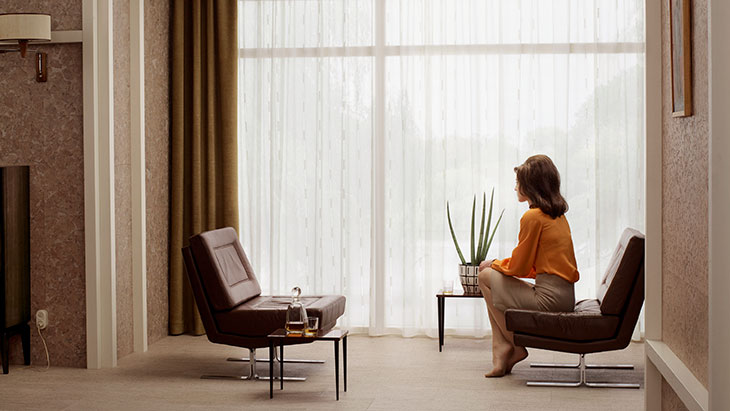
Museum of Modern Art, New York
More than 300 works from the Merrill C. Berman collection of works on paper
More than 300 pieces from the Merrill C. Berman collection – a significant group of modernist works on paper – have been acquired by MoMA. The acquisition includes works by Alexander Rodchenko, John Heartfield and Hannah Höch, adding to MoMA’s representation of key avant-garde movements in the early 20th century.
5 Fingers Has The Hand (1928), John Heartfield. Courtesy the Museum of Modern Art, New York
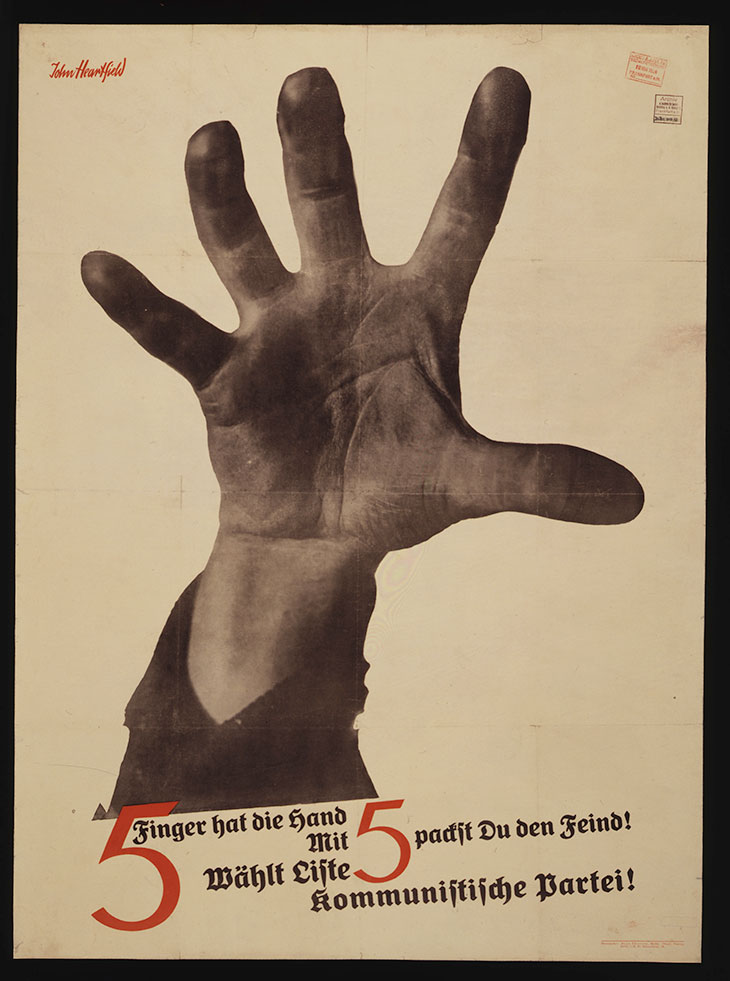
Frick Collection, New York
Vase (c. 1770s), Luigi Valadier
Ahead of its upcoming monographic exhibition on the 18th-century silversmith Luigi Valadier, the Frick has acquired a marble vase by the artist. It is the only work by Valadier in marble to feature gilt-silver mounts, instead of his more usual gilt bronze, and it is also unusual for the use of Rosso Appennino marble.
Vase (c. 1770s), Luigi Valadier. Photo: Michael Bodycomb; courtesy the Frick Collection
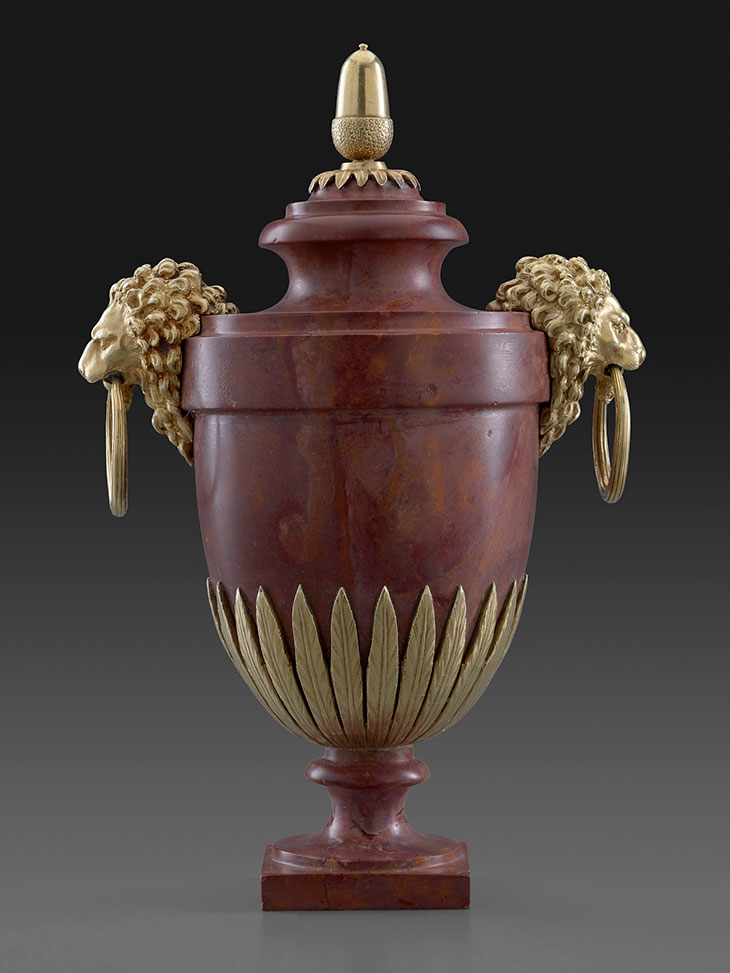
The Huntington Library, Art Collections, and Botanical Gardens, San Marino, California
Saint Ansanus and Saint Anthony Abbot (both c. 1470), Cosimo Rosselli
The Huntington Art Gallery has purchased two side panels of a quattrocento altarpiece by Cosimo Rosselli, allowing the panels to be reunited with the Rosselli’s original centrepiece, Madonna and Child in Glory, already in the gallery’s collection. The new acquisitions depict Saint Ansanus, the patron saint of Siena, and the Egyptian monk Saint Anthony Abbot. The altarpiece was originally made up of a total of seven panels; of the other four, one is now missing, two are in private collections, and the final panel resides at the Czech Republic’s National Gallery in Prague. The panels were likely separated by an art dealer in the 18th century to facilitate sales.
Saint Ansanus (c. 1470), Cosimo Rosselli. Courtesy the Huntington Library, Art Collections, and Botanical Gardens
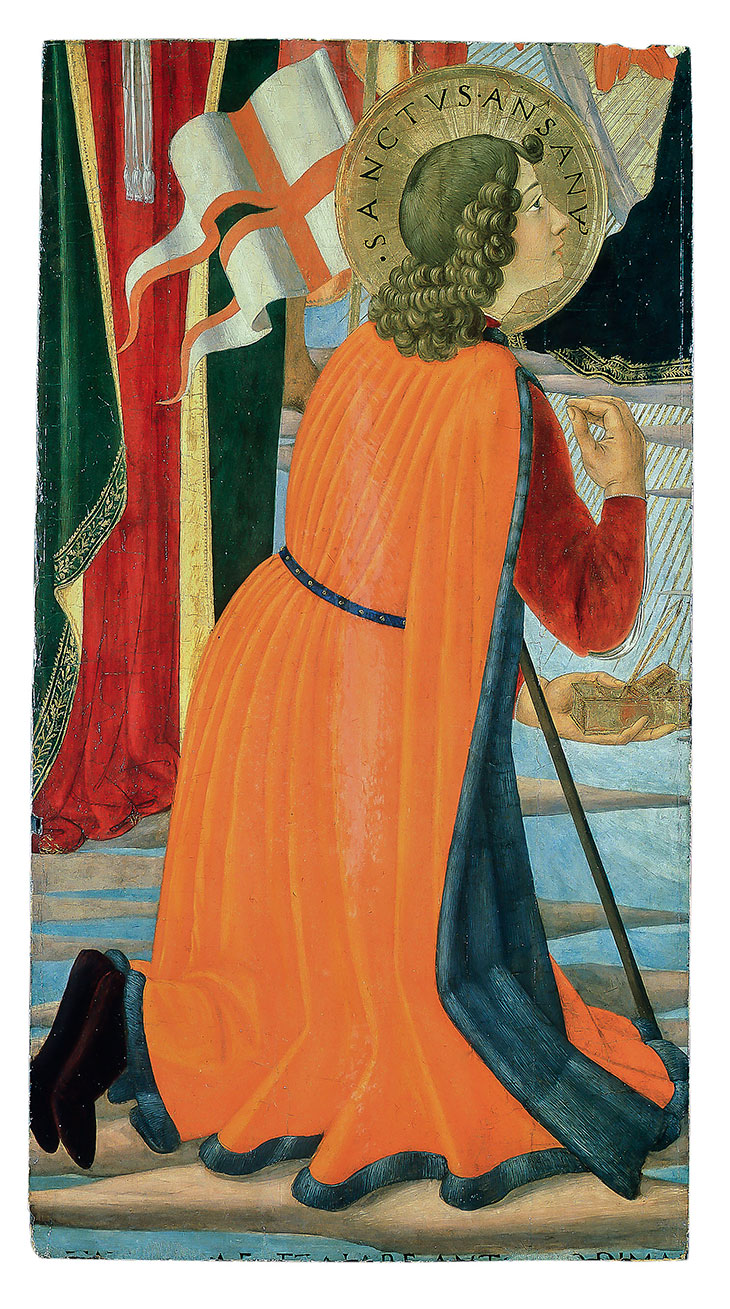
San Antonio Museum of Art
50 photographic works by Brett Weston
50 works by the late American photographer Brett Weston have been donated to the San Antonio Museum of Art. The photographs by Weston, whose father was Edward Weston, are mainly depictions of landscapes in the American southwest between 1940 and 1955.
Untitled (Texas Landscape) (1946), Brett Weston. Courtesy San Antonio Museum of Art
